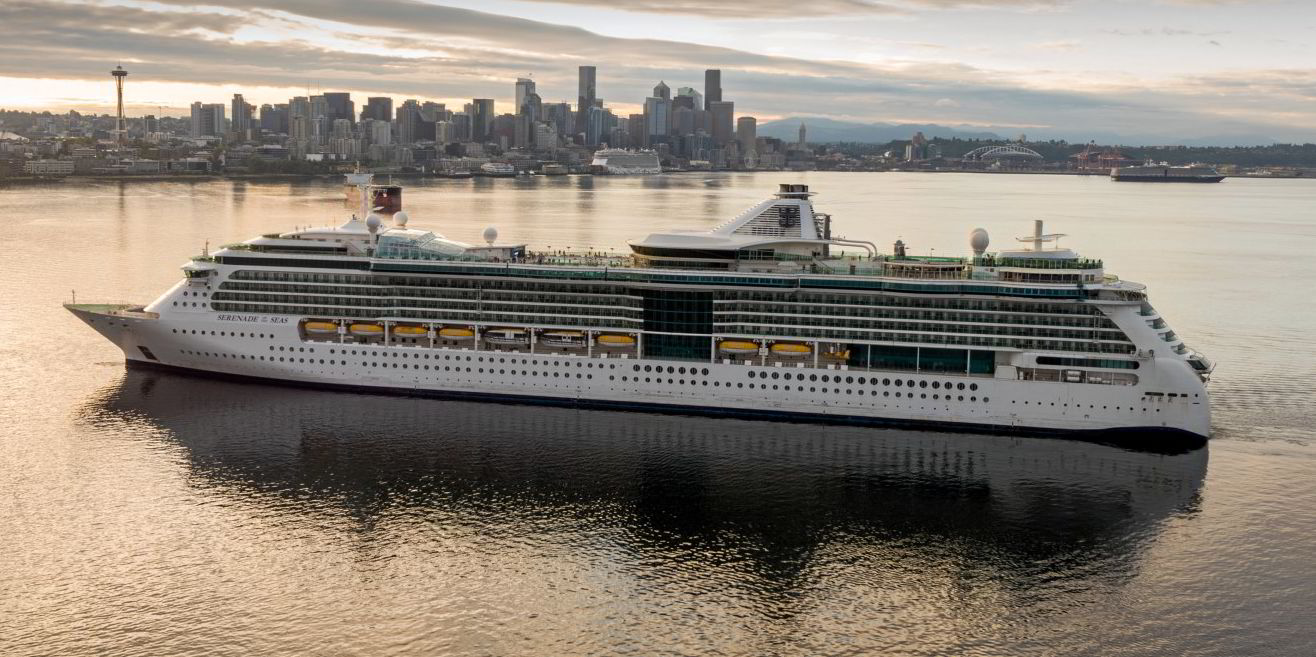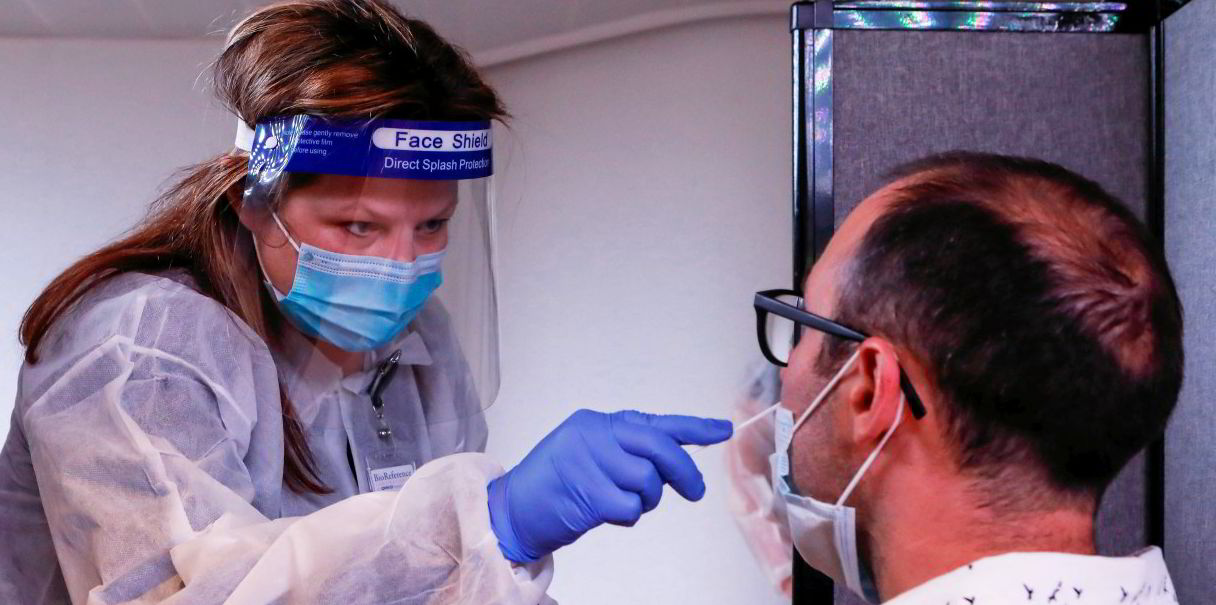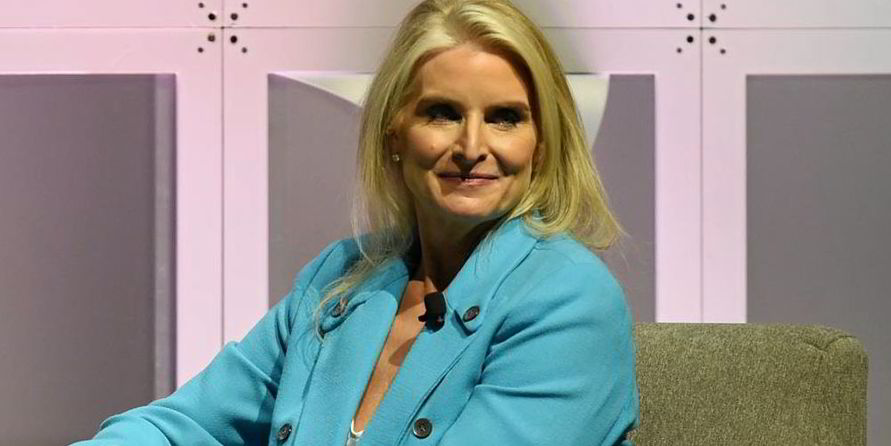Royal Caribbean Group has posted its seventh straight quarterly loss as a result of the pandemic, but it expects to turn a full-year profit for 2022.
The Richard Fain-led owner of 61 cruiseships on Friday reported a $1.4bn net loss for the third quarter versus a $1.3bn net deficit for the same period last year.
On an adjusted basis, New York-listed Royal Caribbean put up a $1.2bn loss for the quarter, matching the year-ago result.
It posted a $4.92 loss per share for the three-month period, beating the $5.61 loss per share recorded a year earlier but missing analyst consensus of $4.40 loss per share.
Royal Caribbean expects to return 50 vessels to service across its five brands, representing almost 100% of core itineraries and about 80% of worldwide capacity.
"Although there are many uncertainties going forward regarding Covid-19, as well as cost and supply chain pressures, we continue our pathway forward and anticipate positive cash flow for the group by spring of 2022 and generating positive earnings for the full-year 2022," chief financial officer Jason Liberty said in a statement.
Sailings for the full year 2022 are booked within historical ranges and at higher prices than 2019, while those "further out" are experiencing more normalized booking trends, Royal Caribbean said.
Demand is returning
"As cases have come down, demand has come surging back," chief executive Richard Fain said in a statement.
"Consumers are showing their resilience and desire to vacation, and the growing affinity of Royal Caribbean's leading brands, ships and crew."
As of 30 September, Royal Caribbean had about $2.8bn in customer deposits, almost meeting the $3.1bn in deposits achieved in the third quarter of 2019 before the pandemic.
"It's certainly been a horrible year-and-a-half looking at our financial statements and seeing that sea of red ink is painful but we are pleased to be looking at such a positive forward path," Fain said during an earnings call with analysts.
"We're all tired of talking about Covid-19.
"Every conversation doesn't need to start with a description of the trauma we've experienced.
"Every discussion doesn't need to dwell on how awful it's been. Fortunately, the path forward appears clear and very positive for our company and for our industry."







